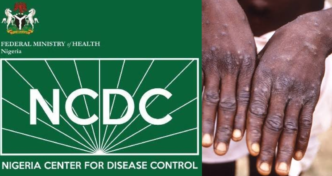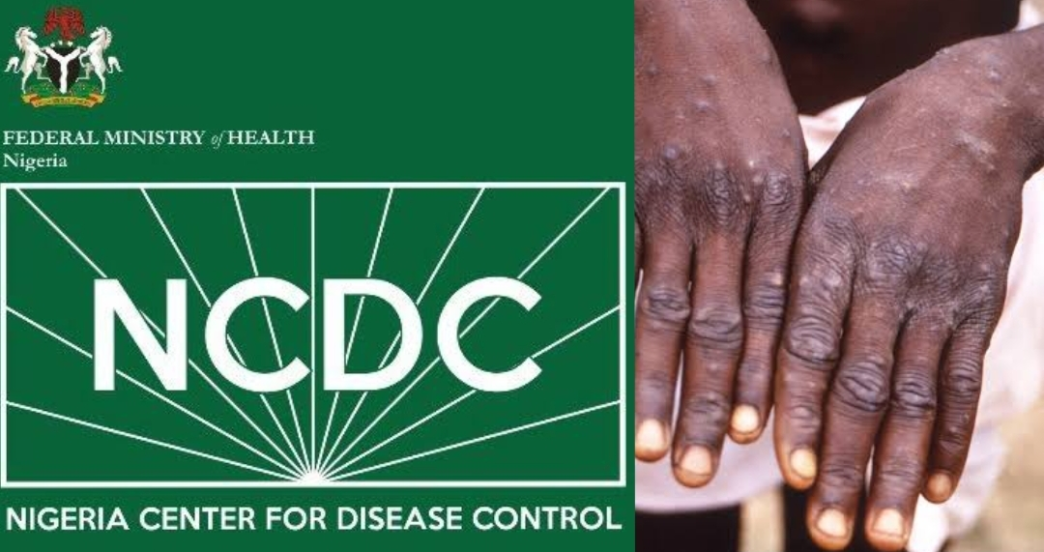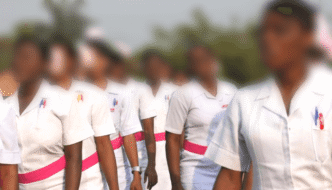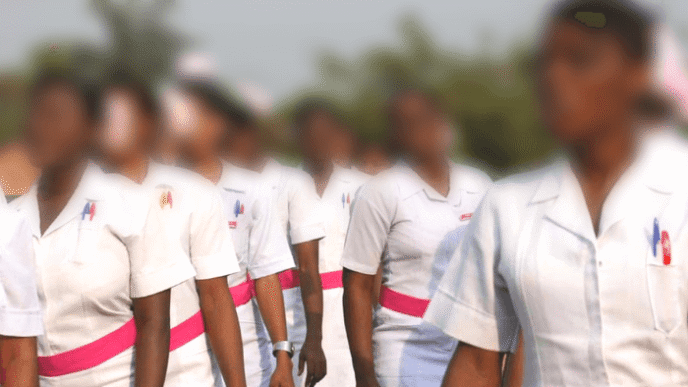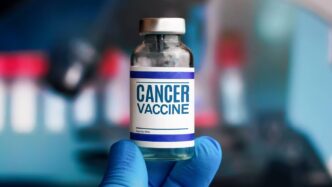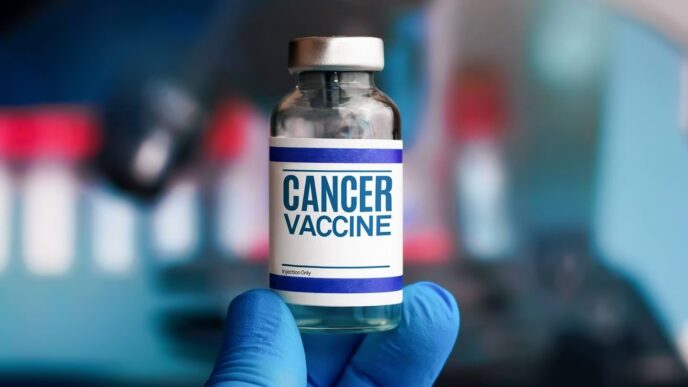Nigeria is currently facing a growing public health emergency as multiple infectious diseases spread rapidly across the country.
The Nigeria Centre for Disease Control and Prevention (NCDC) has warned that if urgent steps are not taken, the situation could worsen and overwhelm the healthcare system.
In a statement released Friday morning on its official website, the agency revealed that Nigeria is battling outbreaks of cholera, yellow fever, dengue fever, Mpox (monkeypox), and diphtheria.
This convergence of diseases, it said, poses “significant public health risks” and calls for immediate attention from both authorities and the general public.
“The yellow fever vaccine remains the most effective prevention strategy,” the NCDC said while urging the public to get vaccinated.
Moreover, the agency stressed the need for strong hygiene habits and the elimination of mosquito breeding grounds, which are fueling the rise in mosquito-borne diseases.
According to the NCDC, suspected cholera cases have been reported in 34 states, with Zamfara State alone contributing 32% of the total suspected cases.
Other states with high numbers include Lagos, Rivers, Bayelsa, Delta, and Adamawa.
The agency, however, did not disclose the exact number of cases recorded.
In addition, the NCDC confirmed seven yellow fever cases in six states Abia, Anambra, Edo, Ekiti, Lagos, and Rivers.
Although no deaths have been reported yet, the agency reminded the public that “a single confirmed case constitutes an outbreak under international health regulations.”
Dengue fever has also been confirmed in Edo State between June 9 and 13 after laboratory testing.

Both dengue and yellow fever are spread by the Aedes mosquito, which thrives in environments with poor sanitation and stagnant water.
“These outbreaks are happening at a time when the country is contending with ongoing outbreaks of Mpox and diphtheria,” the agency added, further pointing out the stress this has placed on the national health system.
Diphtheria, which affects the nose and throat, has resurfaced in several states, with symptoms that include sore throat, fever, and breathing difficulties. Mpox, which causes fever and a skin rash, has also not slowed down.
The NCDC emphasized that self-medication must be avoided as diseases like dengue and yellow fever can be mistaken for malaria.
Therefore, early diagnosis and professional care remain crucial in stopping the spread.
Furthermore, the Centre urged Nigerians to drink clean water, stop open defecation, and seek medical help immediately when symptoms like severe diarrhoea, joint pain, or rash occur.
“Nigerians must act now to prevent further loss of lives,” it warned, highlighting the need for a united national response.
The NCDC, in partnership with the National Primary Health Care Development Agency (NPHCDA), state governments, and other health partners, is already deploying rapid response teams.
Efforts are also being made to strengthen laboratories, improve surveillance, and educate the public.
Health workers across the country have also been advised to remain alert. “Dengue fever is a notifiable disease under Nigerian law,” the agency said, urging them to report all suspected cases.
In conclusion, the growing outbreak of multiple diseases across Nigeria demands coordinated action.
